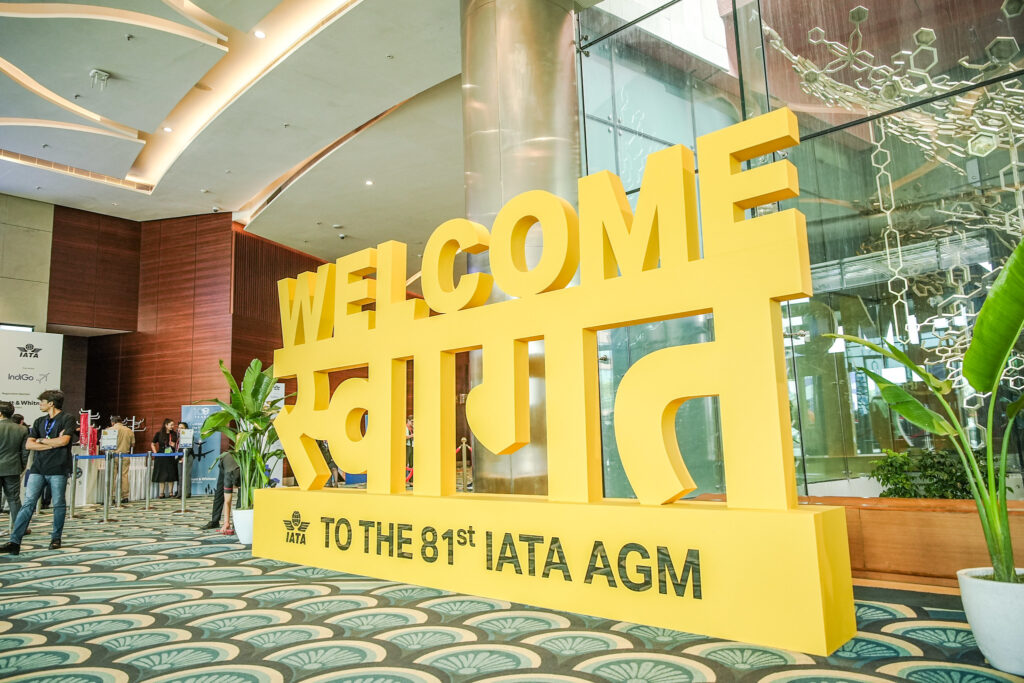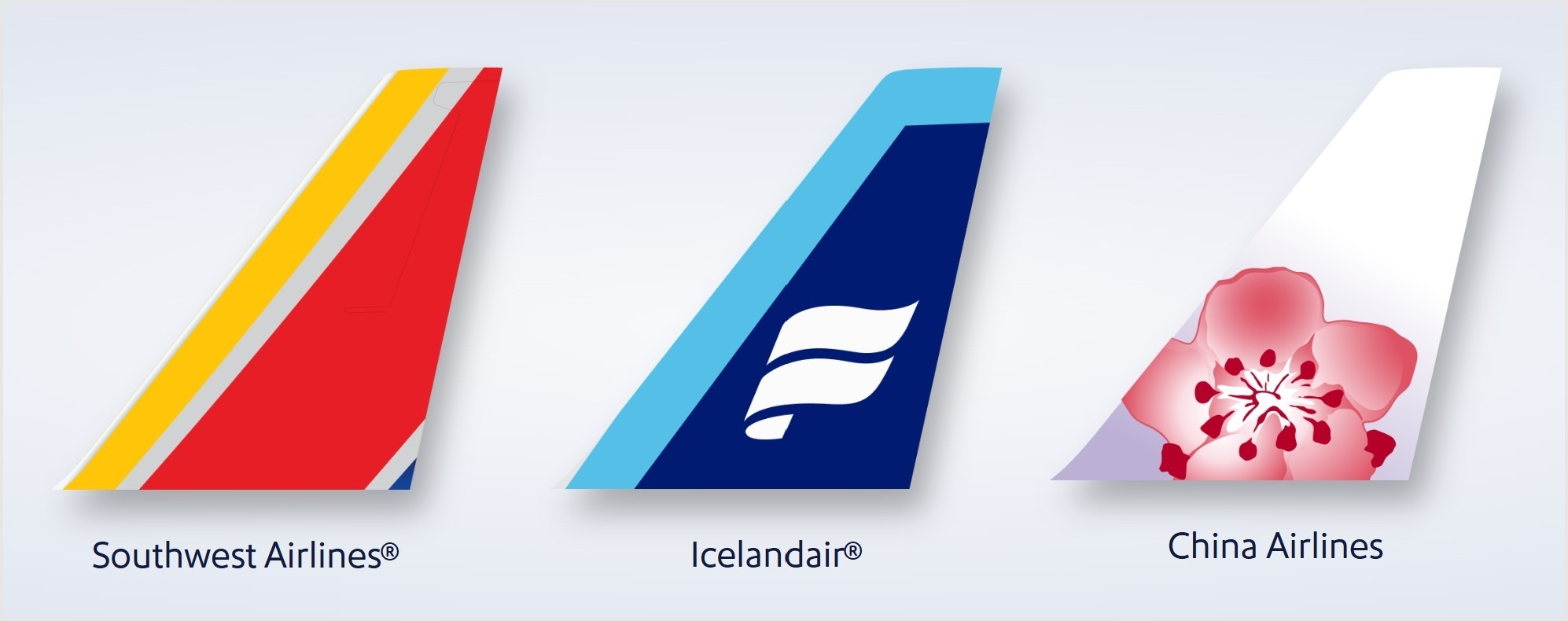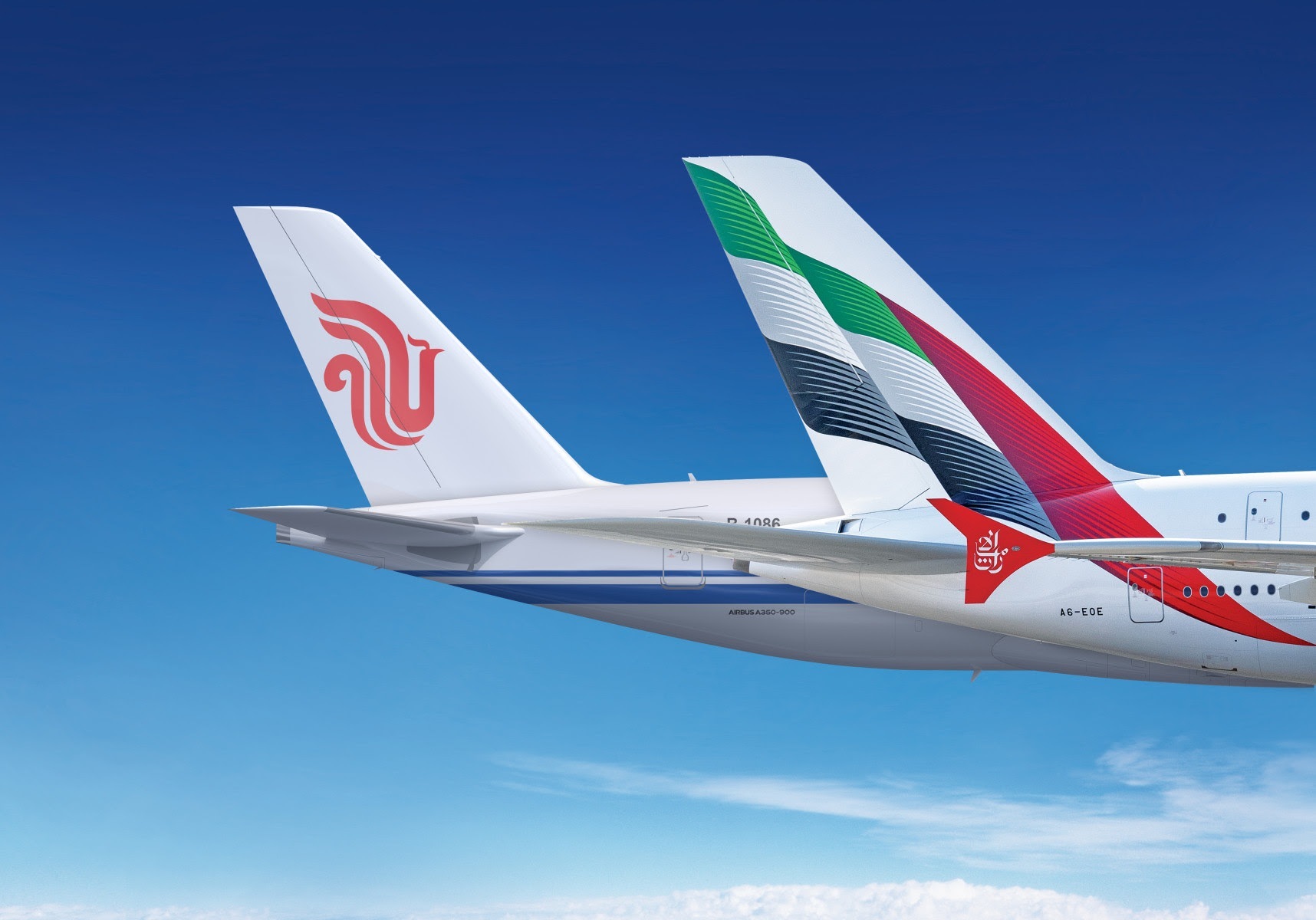
Airline executives from around the world converged on Delhi, India this week for their yearly celebration of aviation, known as the IATA Annual General Meeting (AGM). The event provides an opportunity for industry leaders to see and be seen, and for the global lobbying group to discuss challenges and opportunities, all while carefully avoiding anything that might be considered collusion or antitrust violations.
It also provides the backdrop for myriad partnership announcements to be made. After all, the right people are all in the same place for a solid photo op.
So, which announcements from the 2025 edition are most compelling?
Southwest Crossing the Pacific
Southwest Airlines made news when it (accidentally?) shared China Airlines as its first transpacific partner on its partners page a day before the press release went out. The carrier has been promising a TPAC partner for several months now and this news fit the timeline. It also comes up well short of the transatlantic agreement struck with Icelandair.

The TATL deal offers loyalty integration and potentially coordinated fares. The China Airlines deal is a simple interline agreement, at least to start. In many ways it is reminiscent of how JetBlue started announcing “international partners” many years ago, but with minimal utility to consumers. Eventually a few passengers would book the connections, but it was more of a practice run for getting the technology in place to support the stronger partnerships that would follow rather than particularly special in its own right.
Delta Returns to India, with Some Friends

Host airline IndiGo secured the support of Delta Air Lines as part of an MoU including Air France-KLM and Virgin Atlantic. The agreement links IndiGo’s vast domestic network with the global reach of the three other carriers, offering enhanced connectivity, seamless travel experiences, and improved loyalty benefits across continents. It builds on an existing codeshare offering between IndiGo, Air France-KLM and Virgin Atlantic, The carriers anticipate future collaboration covering network planning, loyalty, cargo, sustainability, and technology.
Delta will also resume service from Atlanta to Delhi as part of the arrangement, though timing on that remains undisclosed. Will the carrier wait until it has the A350-1000 available for the longer trips that will benefit from the increased passenger and cargo capacity?
For IndiGo the move also marks a shift away from using Turkish Airlines as a key partner for capacity to the United States. Those two airlines have partnered since 2023, including operating Turkish 77Ws on behalf of IndiGo to feed capacity from India onward to Europe and the United States. IndiGo is shifting to wet lease 787s from Norse Atlantic, and will be required to terminate the Turkish partnership owing to political challenges.
Strategic Connections to Saudi Arabia
Keeping the strategic partnership theme running, Air France–KLM announced a deal to “maximize future connecting opportunities via Riyadh Air’s hub in Riyadh, on the one hand, and Air France-KLM’s hubs at Paris-Charles de Gaulle and Amsterdam-Schiphol, on the other” per a spokesperson. Similar to the Delta-Riyadh Air partnership announced last year, this one covers codeshares, loyalty reciprocity, and goals for significant passenger flow between the two parties.
The partnership also covers aircraft maintenance, digital transformation, sustainable development, and cargo, according to the airlines.
Air India’s Broad Expansion
IndiGo was the host for the AGM, but Air India also made some news, announcing a special prorate agreement with airBaltic. The deal enables both airlines to sell connecting tickets that include flights operated by each other, allowing for seamless travel between Latvia, Estonia, Lithuania and India, and at discounted rates compared to fares purchased separately. Ultimately they promise travel convenience for passengers by offering more flexible and connected itineraries between the regions.
Air India also announced codeshare deals with Icelandair and Air Mauritius, similarly extending the reach of its ticketing to smaller markets where it does not operate directly. Additional interline agreements were also announced with Bulgaria Air, Cyprus Airways, and Uzbekistan Airways.
Boosting the Belt and Road Initiative
Emirates and Air China will deepen their relations via a Memorandum of Understanding that “reflects the deepening UAE-China bilateral ties and underscores Emirates’ longstanding commitment to advancing the objectives of the Belt and Road Initiative.”

Under the MOU, Emirates and Air China will explore a reciprocal codeshare on select routes across each other’s networks. This would allow each airline to place its code on the other’s flights on China-UAE trunk routes as well as beyond Beijing and Dubai to an expanded list of points, pending government approval.
The two carriers first partnered in 1999. In the past seven years the company notes approximately 18,000 travelers have taken advantage of the connection opportunities between the new airline networks. Which is just 10 per day. Given the size of the two airlines that number seems small. It also means the improved partnership has plenty of room to grow if they actually coordinate the operations, as is envisaged.
A favor to ask while you're here...
Did you enjoy the content? Or learn something useful? Or generally just think this is the type of story you'd like to see more of? Consider supporting the site through a donation (any amount helps). It helps keep me independent and avoiding the credit card schlock.

Leave a Reply